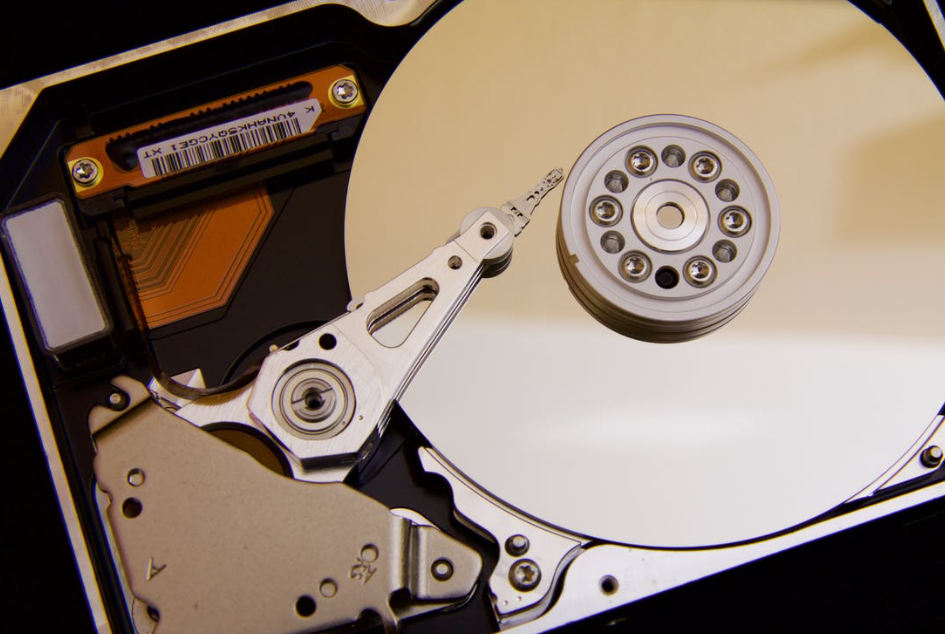
HDD carbon-based overcoat replaced with graphene resulted in 10x more data for the Hard-Disk drive. Solid-state drives could remain the major go-to for phones and even most PCs, laptops, and a few other devices. The humble mechanical hard drive, however, still owns a huge place in the whole computing world.
HDD Carbon-Based Overcoat Replaced with Graphene
When users might need the most amount of storage for the least amount of money, the HDD is still the best way to go. This could actually be the case for the near foreseeable feature due to a stunning breakthrough from Cambridge University.
The use of graphene, everyone's favorite sort of wonder material, as a replacement for the carbon-based overcoat or COC on a number of hard drives came up with positive results. A COC works by protecting the platter which is the part of the drive that holds users' data from wear due to its head and other factors.
HDDs Potential Capacity
In order to build a higher-density drive, manufacturers have started decreasing the total space between the two different components. Ever since the 1990s, the COC layer located on most HDDs has started to slim down to just 3nm which then leads to a current storage density of about 1TB a square inch.
According to Engadget, the research team then pushes everyone beyond the limit by taking advantage of the graphene material's heat resistance. This is the aspect of the material that would allow the team to leverage a separate emerging technology known as the Heat-Assisted Magnetic Recording or HAMR.
Read Also: Seagate Mach.2 Specs Revealed | 14TB Capacity, 12GB/s, and More
HDD Graphene-Based
It also enables a platter to hold additional data when it is heated. This is not something that can be achieved with the traditional COC. Together, these technologies might still lead to HDDs with a storage density somewhere between four and 10 terabytes a square inch. Beyond allowing for drives with even more capacity, however, the graphene HDDs now promise to be a bit more resilient as well.
The researchers were able to find a single layer of the material that finally reduced corrosion by a significant 2.5 times. It can also reduce friction and even wear better than some other current state-of-the-art solutions. When it all boils down to hard drives, the reliability is actually just as important as the total storage capacity and even what is more likely to get cloud operators just like Google to be interested in the particular technology.
There is, however, a catch that could come with every particular graphene-related breakthrough ever since the discovery of the material back in 2004. It could also allow users to do a number of things which would include filtering water more efficiently and also selectively killing off cancer cells. So far, however, most of the applications have yet to make it out of the lab and directly into the real world.
Related Article: Upgrade Your PC: 4 Discounted Best Hard Drives on Amazon
This article is owned by Tech Times
Written by Urian B.








